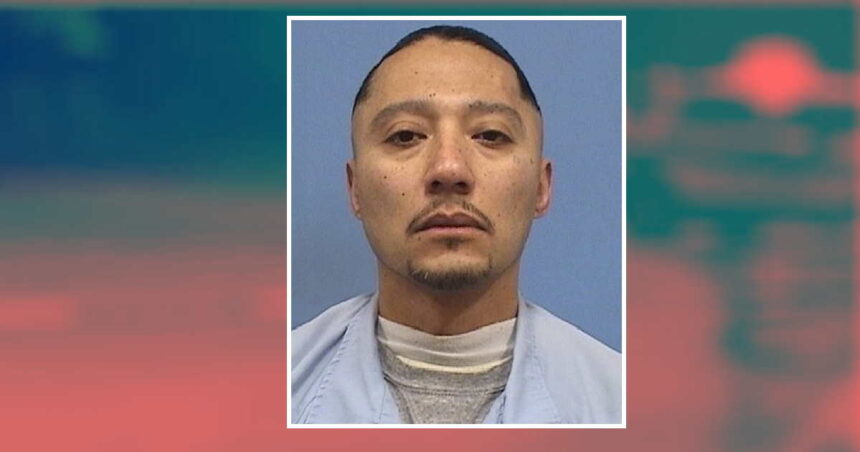Israel Ruiz, a convicted murderer, has been serving a 40-year sentence in an Illinois prison since 1998 for shooting the wrong man on a Chicago street corner. Despite his conviction, Ruiz believes he should be released sooner under the Youthful Parole Law, which allows individuals convicted of crimes committed before they turned 21 to have a chance at parole. Ruiz was 18 at the time of the murder, which resulted in the death of Nathaniel Walls and injury to his 3-year-old son, Malik Walls.
The shooting took place at the intersection of 90th and Brandon, a border between rival gang territories. Ruiz, aiming for his enemies, missed his targets and instead hit Walls as he held his son. The police quickly located the vehicle from which the shots were fired, and the murder weapon was recovered. Ruiz later confessed to shooting the wrong person, leading to his conviction and lengthy sentence.
The Youthful Parole Law, passed in 2019, aims to provide a chance for individuals who committed crimes at a young age to be considered for early release. Supporters of the law cite research showing that the human brain does not fully develop until around the age of 25, emphasizing the need for second chances for young offenders. Despite the law, Ruiz’s case presents a challenge as he was 18 at the time of the crime, falling within the eligibility criteria for potential parole.
In 2022, Ruiz filed a federal lawsuit against state officials, arguing that the two-tiered justice system created by the Youthful Parole Law is unconstitutional. However, U.S. District Judge John Blakely dismissed the case, stating that the Eighth Amendment does not mandate a more lenient system simply because a new law is enacted. Ruiz then appealed to the Seventh Circuit Court of Appeals, where arguments were heard last week.
The outcome of Ruiz’s appeal remains uncertain as the court deliberates on whether the Youthful Parole Law should apply retroactively to cases like his. The case has drawn attention to the complexities of criminal justice reform and the challenges of balancing accountability with opportunities for rehabilitation. Despite the legal proceedings, Ruiz will continue to serve his sentence until November 3, 2038, unless granted early release through the parole system.








